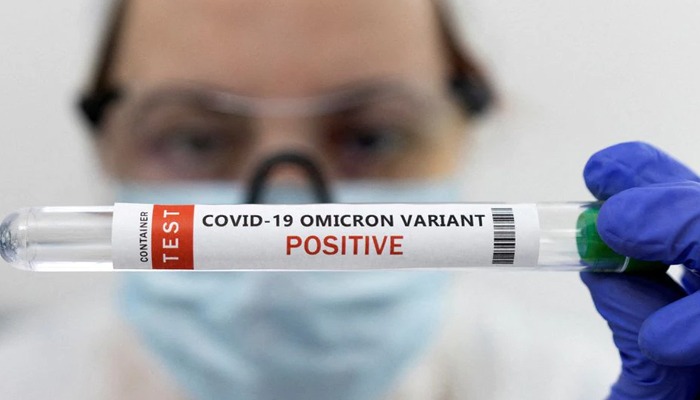Omicron BA.2.12.1: Everything you need know about the new variant
This Omicron subtype is highly infectious, more so than its predecessor
May 09, 2022

- Pakistan detects first case of Omicron sub-variant BA.2.12.1 today.
- This Omicron subtype is highly infectious, more so than its predecessor.
- Those infected could experience sneezing, coughing, sore throat, fatigue and dizziness.
On Monday, Pakistan detected its first case of the Omicron sub-variant BA.2.12.1, tweeted the National Institute of Health (NIH).
Here is what all that we know about this new variant of the coronavirus:
When was it first detected?
This Omicron sub-variant of the coronavirus was first identified six months back. While in the United States it was detected in April in New York.
How deadly is the variant?
This Omicron subtype is highly infectious, more so than its predecessor. As per some reports, it is about 30% more transmissible than the prior Omicron iterations.
The sub-lineage, BA.2.12.1, is already accounting for a growing share of coronavirus infections in the United States. As per the US Centers for Disease Control and Prevention, BA.2.12.1 was found in 36% of the samples sequenced in the last week of April, up from 0.2% in late February.
While it is known to spread faster, it is still unclear if this variant is more or less deadly than the original Omicron or Delta.
What are the symptoms of BA.2.12.1?
Doctors are still studying the variant to determine its exact symptoms, but some cases of the sub-variant suggest that it also has flu-like symptoms, similar to the Omicron variant.
Therefore, those infected could experience sneezing, coughing, sore throat, fatigue and dizziness.
Which countries has it spread to?
Till now, the sub-variant has been detected in the United States, India, Australia and New Zealand.
How does one protect against it?
In a press conference, the US CDC Director Dr Rochelle Walensky said that those who are vaccinated and especially those who are boosted, continue to have strong protection against severe disease, even from BA.2.12.1.
Are there any other variants of concern?
Other mutations of the coronavirus, identified by scientists in South Africa are BA.4 and BA.5.
Besides South Africa, the sub-variants have also been detected in several other countries including Australia, Austria, Belgium, China, Israel, Denmark, France, Germany, the UK, US and Switzerland.











